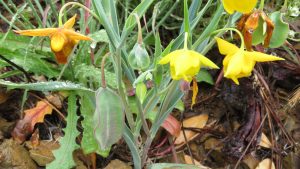
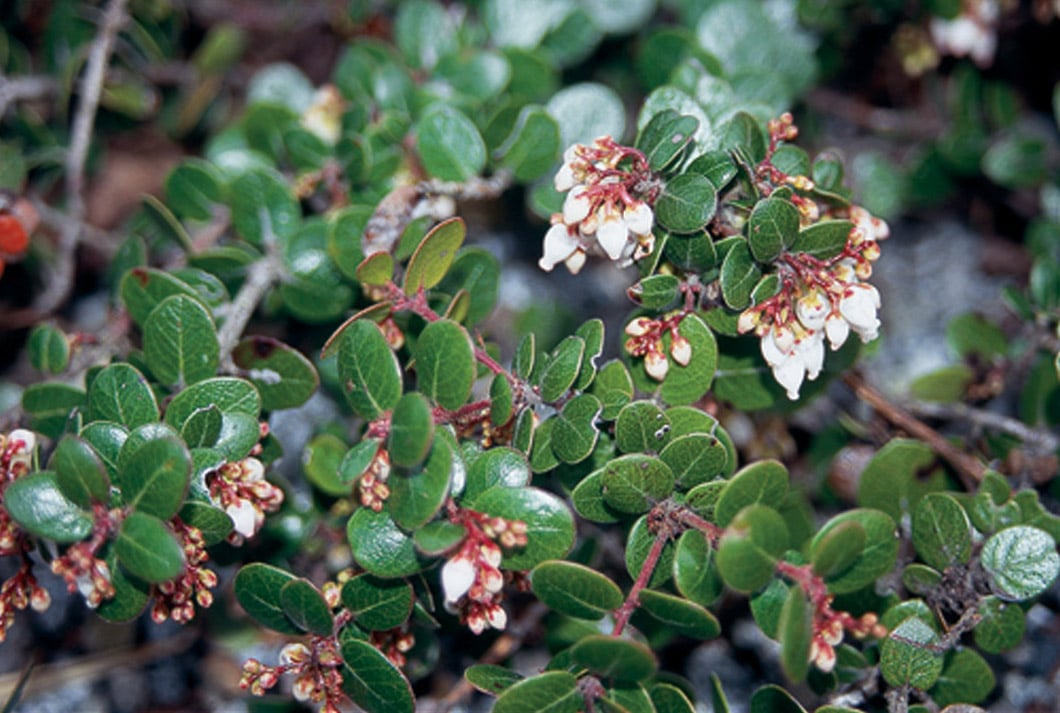
Contributor
- Topics: Archive, Plants You Need
Gaultheria nummularioides. Author’s photographs
Great evergreen groundcovers that provide flowers and interesting fruits are an advantage in any garden. Amongst the best are some of the nearly 180 species of Gaultheria (Gahl-THE-reeah). Their evergreen, alternate leaves distinguish them, as do their sometimes-scented, urn-shaped flowers and their edible berry-like fruits (technically, the swollen calyx), which are attractive to birds as well as humans. Many species have striking red stems that add color through the winter. With their diversity of growing conditions, this genus adapts easily to gardens, particularly those in the Pacific Northwest where one species, G. shallon, is a familiar shrub in the native woodland understory.
The genus was named in 1735 by Carl Linnaeus to honor Dr Gaulthier, a physician in Quebec City. Members of the rhododendron family (Ericaceae), gautherias are native to eastern and southern Asia, North and South America, and Australasia. Lewis and Clark described them during their 1804-1806 expedition, and Ernest “Chinese” Wilson collected many during his plant explorations in Ch...
READ THE WHOLE STORY
Join now to access new headline articles, archives back to 1977, and so much more.
Enjoy this article for FREE:
Articles: Calochortophilia: A Californian’s Love Affair with a Genus by Katherine Renz
If you are already a member, please log in using the form below.
Share:
Social Media
Garden Futurist Podcast
Most Popular
Videos
Topics
Related Posts
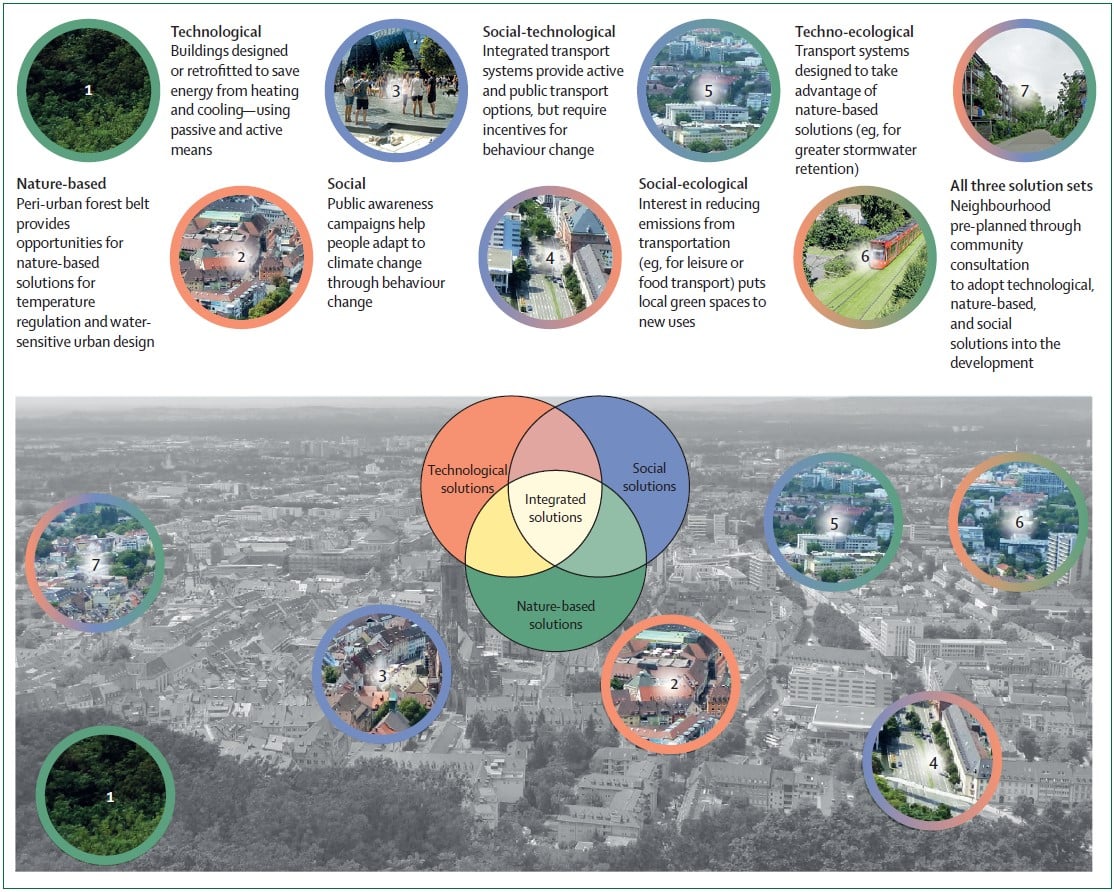
Ground Up Science for Greener Cities with Garden Futurist Dr. Alessandro Ossola
Spring 2023 Listen to the Podcast here. Alessandro Ossola is a scientist who gets very excited about the challenge of climate change allowing for an
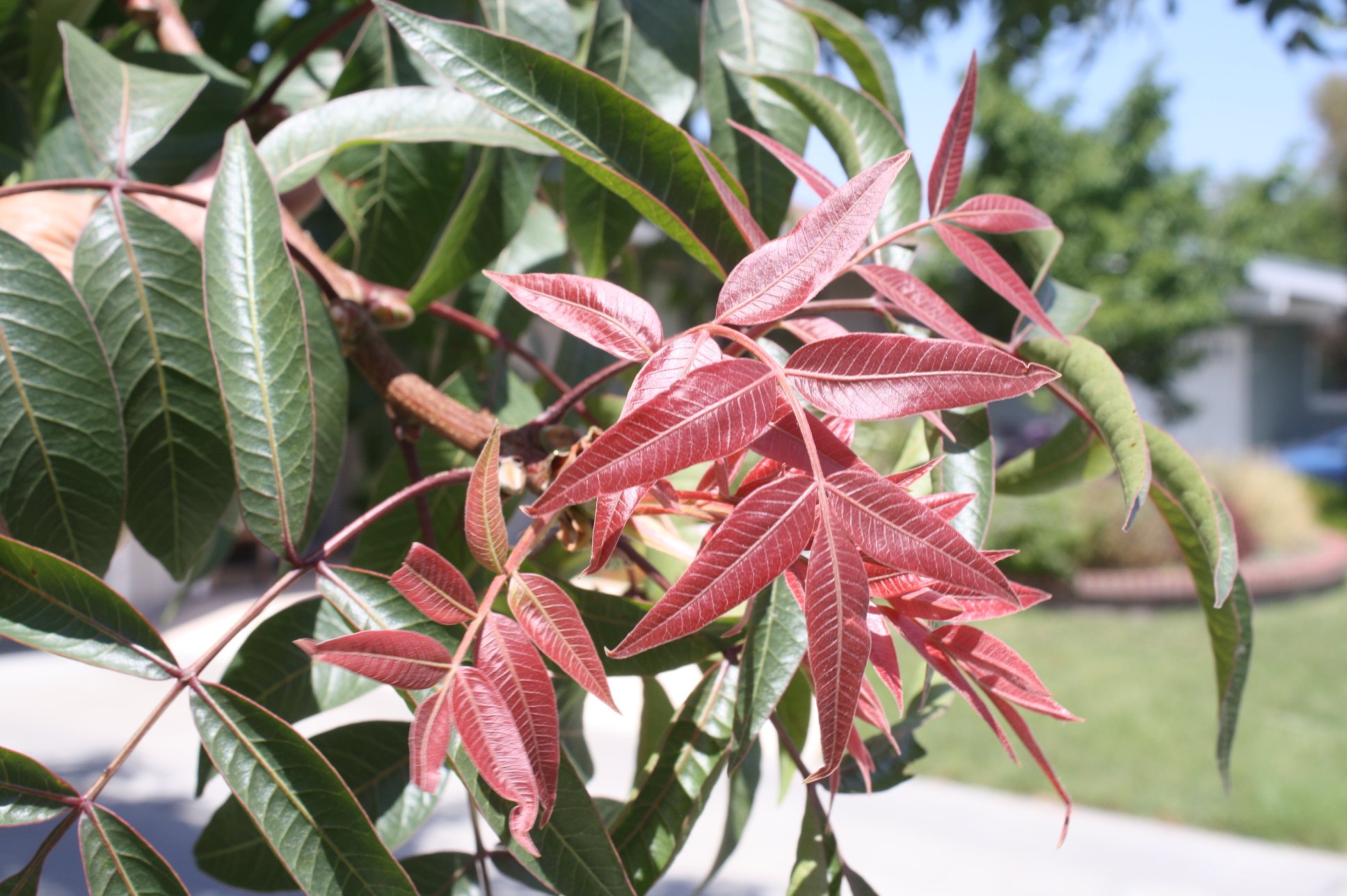
Readying Urban Forests for Climate Realities with Garden Futurist Dr. Greg McPherson
Winter 2023 Listen to the Podcast here. “Going from the mow and blow to a more horticulturally knowledgeable approach to maintaining the landscape. And that
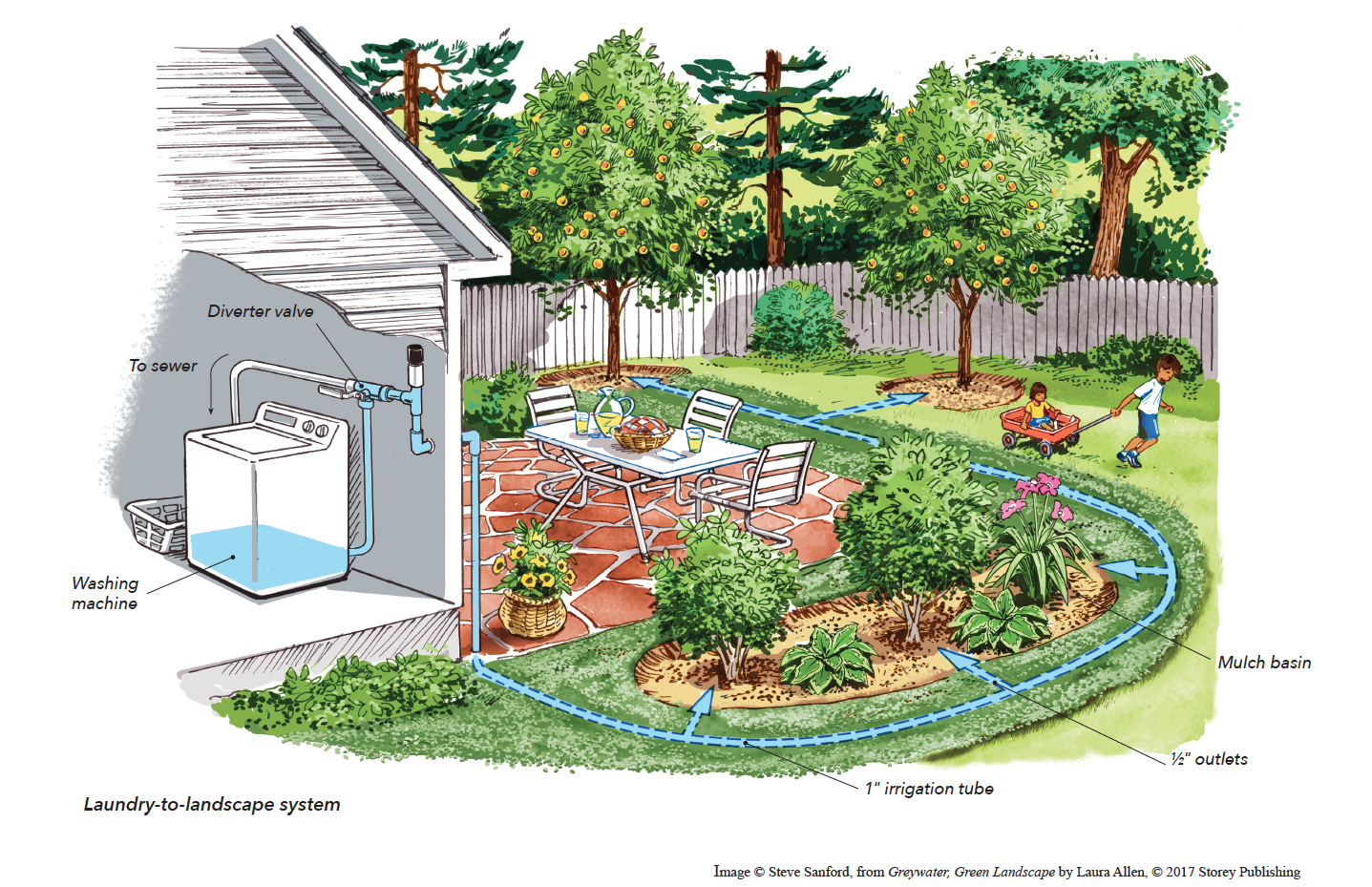
Welcome, Greywater, to the Garden
Summer 2022 Oh, summer: delightful warm air, tomatoes swelling on the vine, fragrant blooms on an evening stroll. When it’s warm and rainless, how is
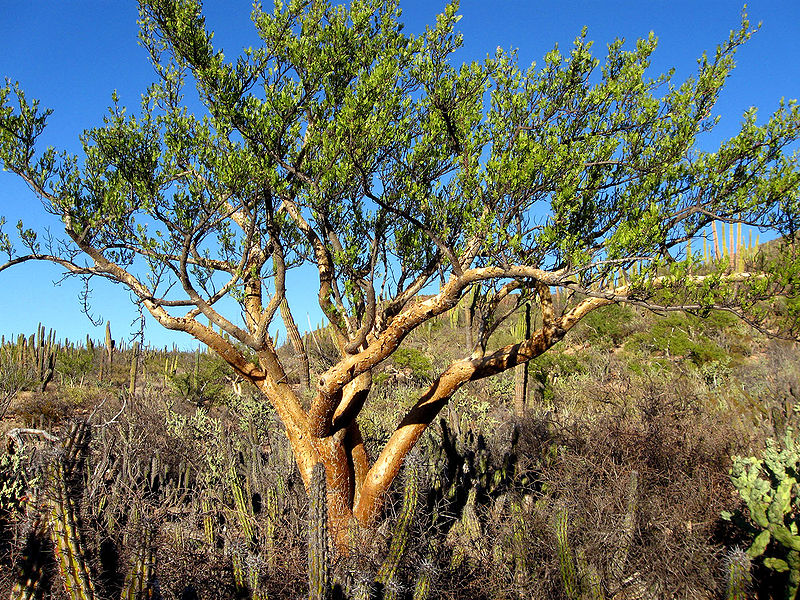
Big Tree-Data and Big-Tree Data with Garden Futurist Matt Ritter
Summer 2022 Listen to the full Garden Futurist: Episode XV podcast here. We are in an environmental crisis right now in many parts of California

